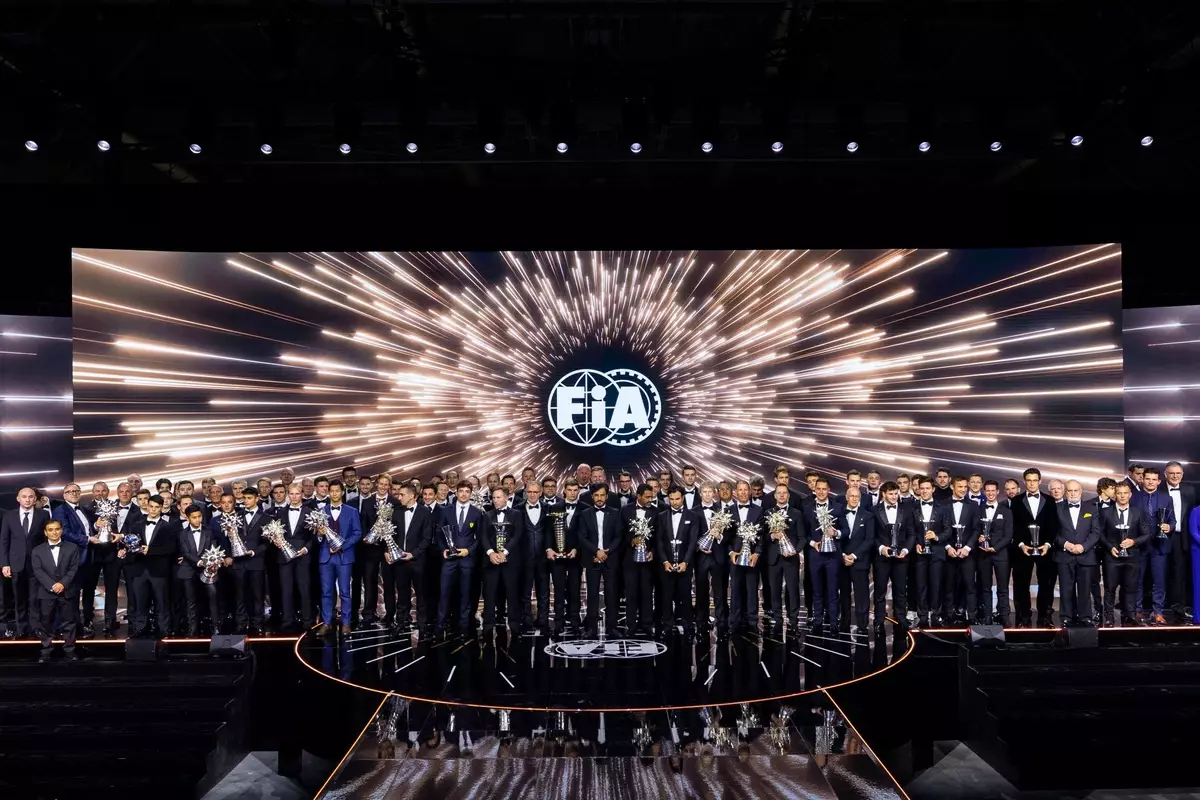The FIA’s annual Prize Gala is set to take place in Kigali, Rwanda, on December 13. This event, meant to honor champions in motorsport while celebrating the organization’s 120th anniversary, raises significant concerns given the country’s ongoing Marburg virus outbreak. Despite warnings from the World Health Organization (WHO) against travel to Rwanda due to this health emergency, the FIA appears unwavering in its plans. This article delves deep into the implications of hosting such a high-profile event in the face of a destructive epidemic.
The Marburg virus disease (MVD), similar to the Ebola virus, poses a severe threat to human health, with a fatality rate that can soar as high as 88%. The recent outbreak in Rwanda has been alarming, with health authorities confirming 58 cases and 13 associated deaths as of early October. The Ministry of Health in Rwanda is working diligently with the WHO to control the outbreak. Yet, WHO’s assessments reveal that the risks involved remain significant, categorized as ‘very high’ at the national level.
The lack of effective treatment for the Marburg virus emphasizes the urgency surrounding health precautions. Those infected initially contract the virus through contact with Rousettus bats—known carriers of the pathogen—and then it spreads through bodily fluids. The stringent requirement for quarantine—21 days for anyone who has come into contact with confirmed cases—highlights the dire situation.
Despite WHO’s advisory against travel to Rwanda, it stops short of issuing a total travel ban. The most recent recommendations from the UK Foreign Office also suggest avoiding close contact with symptomatic individuals. While some major tourist attractions in Rwanda continue to function normally, it raises ethical questions about the risks involved in attracting international guests for the FIFA Gala. The event invites media, delegates, and representatives from numerous countries, creating a potential recipe for a larger calamity as vulnerable populations may inadvertently be exposed to this highly contagious virus.
The FIA insists that their analysis shows no immediate threat to the gala’s proceedings, suggesting that they are maintaining ongoing communication with the Rwandan government to stay abreast of developments. However, one must consider whether this assessment is adequately rigorous given the gravity of the outbreak.
Preparing for a sizable international gathering in a region grappling with a public health crisis brings forth significant logistical challenges. In an era of heightened public health scrutiny, the FIA’s decision raises questions about their commitment to the safety of attendees. Notably, the event’s high-profile nature means that public figures such as Formula 1 champions are expected to participate, reminiscent of the substantial backlash faced by Lewis Hamilton for skipping the 2021 Gala.
It is perplexing how the FIA can proceed unaffected when there are bleak statistics and repeated warnings from health authorities. The organization’s reputation hinges on its commitment to safety and responsibility, but it risks compromising these values by prioritizing a celebratory event over public health considerations.
As global citizens increasingly value health and safety, the optics of holding such an event amid an outbreak can significantly mar the FIA’s image. The broadcast of images depicting glamorous attendees while health crises unfold can yield backlash from fans and critics alike, potentially leading to a disconnect between the FIA and its audience.
Furthermore, if attendees were to contract the virus or if an outbreak were traced back to the event, the FIA could face immense fallout. This predicament highlights the necessity for organizations in authority to act strategically and ethically, relying on scientific advice rather than the appeal of tradition or celebration.
The FIA must carefully weigh its decision to proceed with its Prize Gala against the backdrop of a significant health risk. Public health should always take precedence over ceremonial events, and the FIA’s actions will undoubtedly resonate far beyond Kigali, shaping public trust in sports governance. An event that remains on track under such precarious conditions might just be a gamble that undermines the organization’s credibility in the long run.

